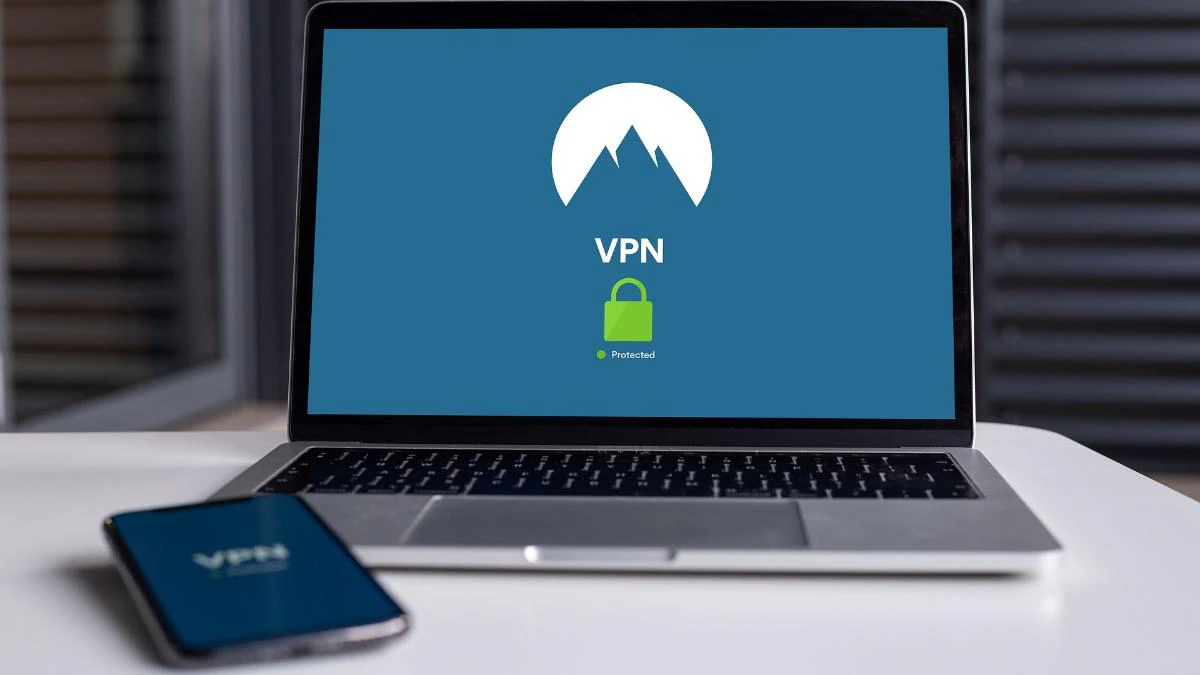advertisement
Tanzania Imposes Ban On VPN Usage Without A Permit

The Tanzania Communications Regulatory Authority (TCRA) has imposed a ban on the use of Virtual Private Networks (VPN) without a permit. This move has sent ripples through the digital community in the continent.
The prohibition comes with a severe penalty for non-compliance: a fine of $2000 or a minimum of 12 months in prison. TCRA cites Regulation 16(2) of the Electronic and Postal Communications (Online Content) Regulations of 2020, which prevents Tanzanians from accessing content deemed illegal.
The ICT Authority in the country had already blocked the illegal content on local networks. Now, it has taken further action to prevent access. Henceforth, Tanzanians must obtain VPN permits.
advertisement
“TCRA informs the general public, individuals, and companies that, in the course of their duties and activities, the use of private networks (VPN) is not prohibited. They are required to report to TCRA the VPNs they use and provide all necessary information,” the Authority said in a statement to the public.
Before October 30, 2023 residents and citizens wishing to use a VPN must fill out a form available on the website. The form requires a number of information including individual user IP addresses. The form has two categories, one for individual use and the other for company use.
A VPN masks your IP address and encrypts your internet connection, so you can browse with increased privacy. In many countries, users use a VPN to unblock websites that a government has censored and get unrestricted access to the internet.
advertisement
Over the years, VPN usage has seen a global surge, particularly in the wake of the increasing work-from-home trend. In 2022, 88 percent of Americans were familiar with VPNs, a significant increase from 72 percent in 2020. However, a substantial 61 percent of people either did not use VPNs or were unaware of their existence. Among VPN users, 70 percent used VPNs daily or almost daily for work tasks. Popular choices among companies included NordVPN, ExpressVPN, and Cisco AnyConnect, boasting market shares of 21.7 percent, 19.1 percent, and 15.6 percent, respectively.
Users resort to VPNs for a variety of reasons, including personal privacy and security, accessing restricted content, bypassing censorship, and protecting sensitive data. However, these benefits also come with challenges such as cost, setup issues, and trust in their security.
The ban is likely to impact individuals and businesses in Tanzania who rely on VPNs for various purposes, including accessing restricted content and ensuring online privacy and security.
Thanks a lot for the amazing post! It truly means a lot to me.